Scuba diving safety is not rocket science. But sometimes even the most experienced divers will want to push themselves beyond what is safe. This is why it’s important for all scuba divers to know when not to dive.

Whether working in the industry or diving just for pleasure, there are circumstances and warning signs that you should take heed of when deciding whether to don your BCD.
Some pre-existing medical conditions may prevent you from diving altogether. Others may just require you to tune in to your body and understand when you need to stay on dry land.
Do you know when not to dive?
General advice on scuba diving safety
First, consult your doctor and take a diving fitness medical before you do any diving. This is actually a sensible thing to do for anyone off on a dive holiday that hasn’t dived for a year or more. A dive medical will ascertain whether you are fit to dive.

Basic scuba diving safety is that your respiratory and circulatory systems must be in good working order. A person with heart trouble, a current cold or congestion, epilepsy, asthma, a severe medical problem should not dive.
Another time not to dive is if your ears or nose are not clear. You must be able breathe freely and equalize easily, otherwise you’re in for a world of pain, possible infection, a burst ear drum, or a potential panic attack.
There are no things on that list that make for a good dive! Which is why it is important to understand scuba diving safety so you don’t have an accident.
How diving affects your body
It’s important to have a general level of fitness in order to dive safely and to cope with the physical stresses of being underwater. If you’re generally not feeling up to diving, consider the following factors before you make your final decision to go in.
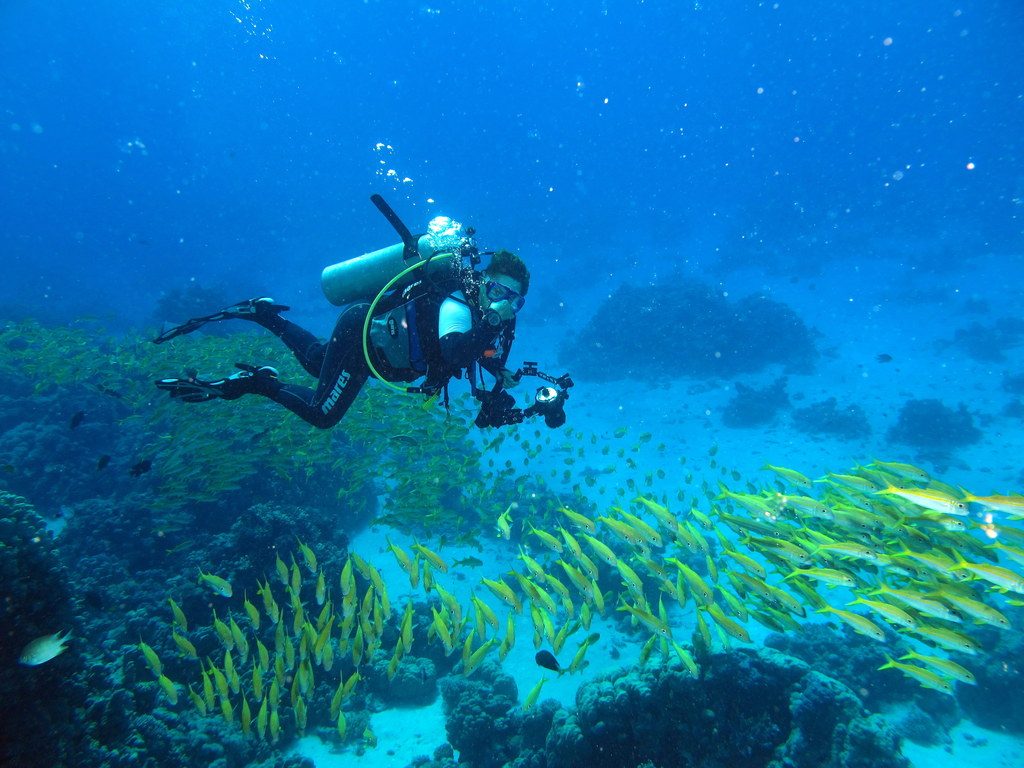
- You’re going to be exerting yourself just to move underwater
- You will experience heat loss as you’ll be in water that is generally colder than body temperature
- Breathing gas of compressed density from underwater breathing gear can results in changes in the cardiorespiratory system.
- You will experience changes in the gas volume and pressure within air spaces in the body, for example, your ears and stomach
- You will be introducing gases into your body that can have toxic, narcotic, stimulatory or gas solubility effects on bodily functions.
The human body, in reasonable condition and without injury or illness, can deal with the effects of most of these factors. But understand the things that can impair this ability.
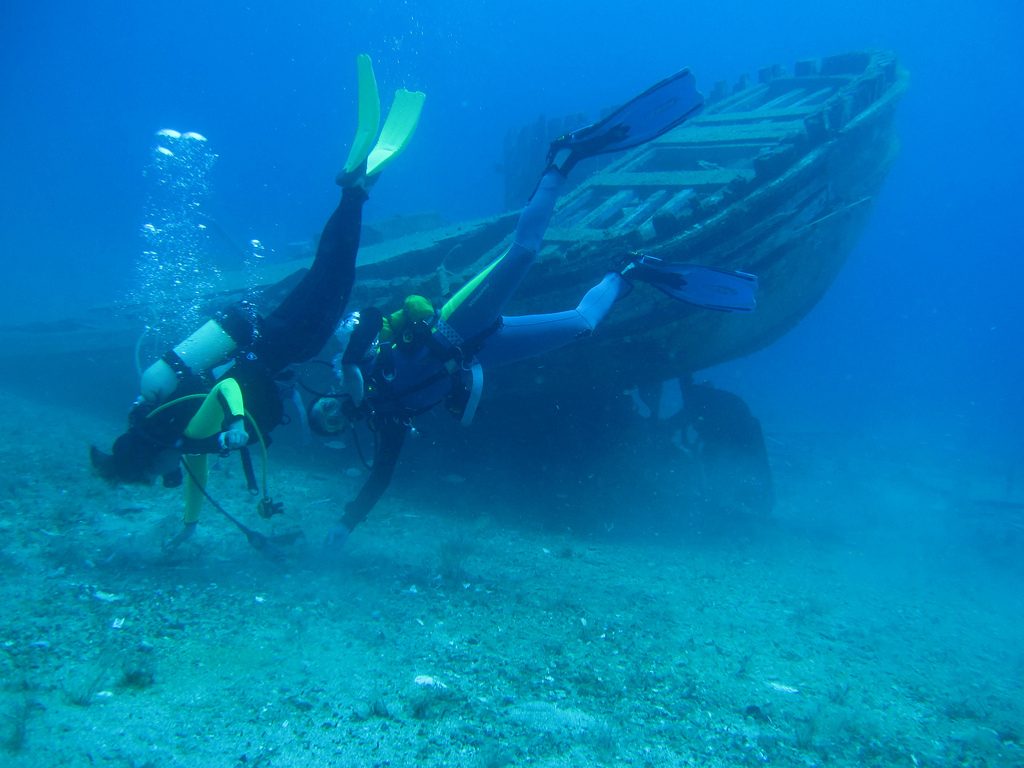
When not to dive
Below are some times you should never dive:
If you’ve been drinking
Drinking alcohol before and during diving trips endangers not only yourself but your diving buddy. Even diving with a hangover is not recommended.
Alcohol reduces the ability of the individual to process information and perform tasks safely. It affects reaction time, visual tracking, perception and judgment. Alcohol also causes dehydration – which is one of the prime causes of decompression illness so is more likely with a hangover.
While zero alcohol is ideal, if you have been drinking allow at least eight hours before diving. So don’t have a big night before an early morning dive.
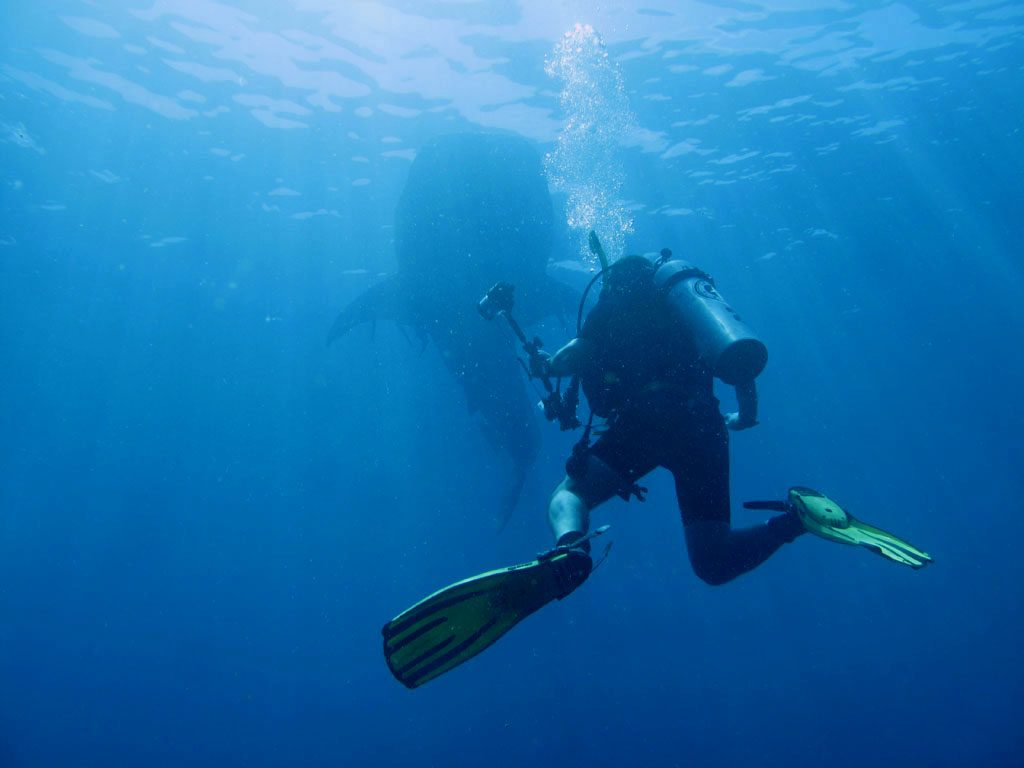
When tired
If you are overly tired you are not going to enjoy your dive. You’ll be more susceptible to the cold, which can easily ruin an underwater experience. Tiredness could also put yourself and others at risk if your judgment is impaired or your responses are delayed.
Get some sleep! Then you can enjoy your dive safely.
Feeling sick
If you’ve experienced sea sickness en-route to a dive site or have an upset tummy, the chances are you’ll be feeling out of sorts. Bizarrely, getting in the water can sometimes help. But if you really don’t feel up to it, you should never force yourself to dive.
Full of snot
If you have got a cold or have allergies producing a lot of mucus you probably need to take a rain check. You might feel OK when above water, but the mucus will thicken when underwater making it much worse.
Furthermore, mucus can make it very hard to equalise pressure in your ears. If ever you start a dive and can’t equalise you should abort the dive and return to the surface.
Have ear ache
If you have ear ache you should not dive. It could be the sign of an infection or another problem that will probably get worse once under the water. It could also turn a small problem into a serious injury.
When pregnant
Whilst scientists don’t know much about the effects of diving on a fetus, it’s not recommend to dive while pregnant. Don’t risk this one!
No buddy
Unless you have a solo diving qualification and the appropriate gear, diving on your own is a big no no. You should always dive with a buddy, or in a threesome to ensure your scuba diving safety. This includes pre-dive checks but also emergency support underwater.
If once a dive has begun if your buddy needs to abort you should always go with them. I know it’s tough but this is one of those times when not to dive.
Faulty equipment
If any of your equipment is not in full working order you should not get in the water. This isn’t just for obvious faults, but if you feel the equipment seems poorly maintained or you don’t feel happy with it then don’t dive.
Bad air
If the air from the tank tastes or smells wrong don’t dive with it. Often you can just swap it for another tank, but if that is not possible then this is another time not to dive.
Dangerous conditions
Every dive has different conditions and every diver has different experience. What is safe for an experienced diver could be very dangerous for an inexperienced one. That said, there are times when conditions make diving dangerous for all of us.
It can be hard to objectively decide that conditions are too dangerous for you. However, if currents are stronger than normal, water rougher, or something else feels unsafe you shouldn’t get in the water.
You’re going to fly
It is possible to get decompression sickness by flying after you have dived. This is because nitrogen in your blood can bubble out at altitude if there is too much left from diving. How long to wait depends on your dive depth, how many dives you have done and over how many days.
As a rule of thumb after a single dive allow 12 hours before flying. For multiple dives, deep dives with decompression stops and multi-day dive trips allow at least 24 hours.
Something doesn’t feel right
Finally, some days, it just doesn’t feel right to dive. Don’t ignore your gut instinct andtake it as a sign of when not to dive. Always be 100% sure before you go under.
Equipped with these scuba diving safety tips, you now know when not to dive. Be sure to check out our scuba diving holiday discounts as you could save a fortune on your next trip.


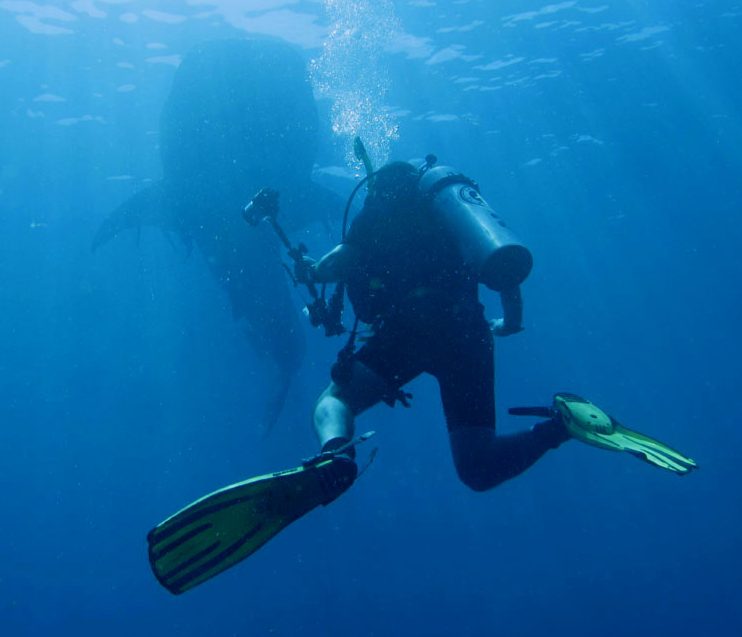


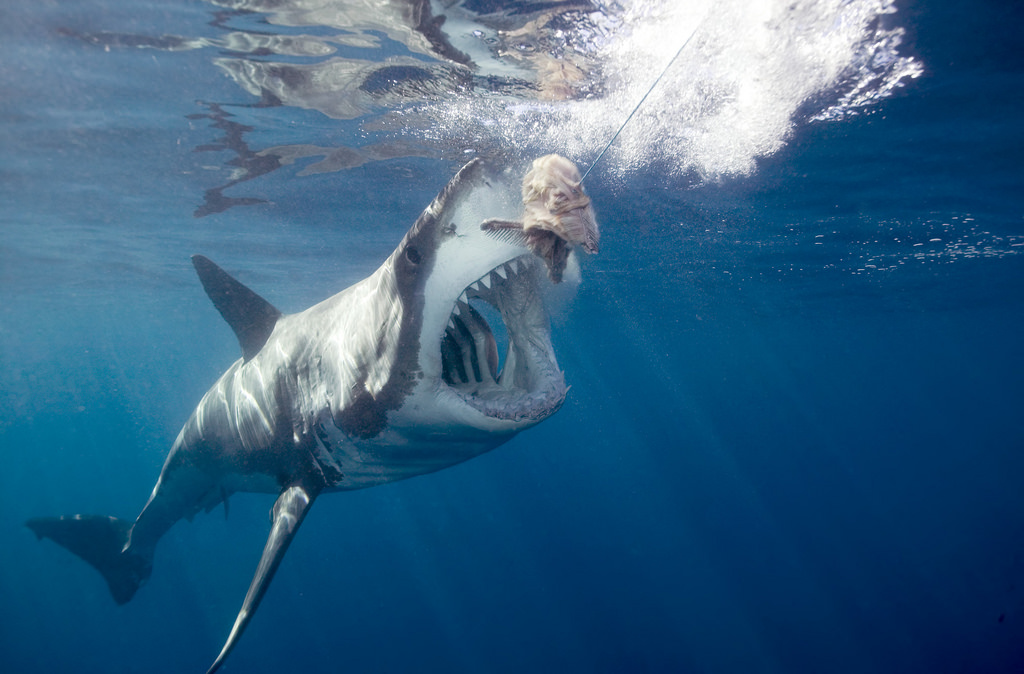








This is an awesome and informative blog. Thanks for sharing this post.
Thanks I am glad you like it